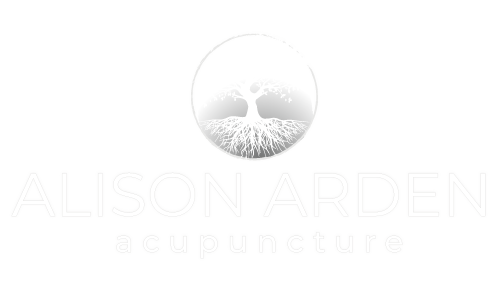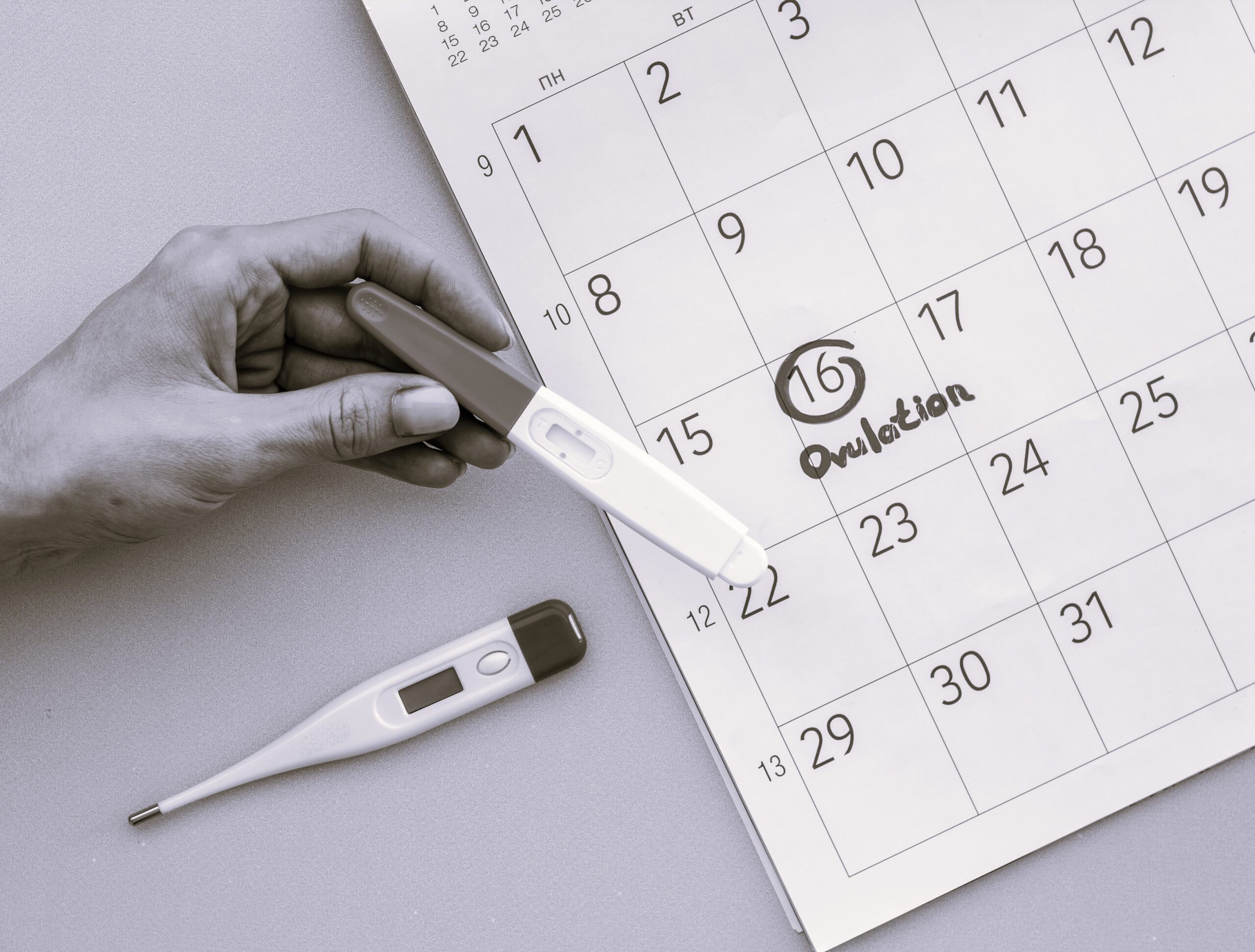If you have been trying to get pregnant for quite some time and had no success, chances are you have been to see a health care professional and had some blood tests. This is the point at which I have most people come and see me to begin acupuncture treatment to improve their fertility and a common issue they need help with is being told they have low progesterone levels.
So why is this important? After ovulation, progesterone production is triggered by LH (luteinising hormone) and is necessary to help prepare the uterine lining to support an embryo. Progesterone is measured 7 days before a period, when the level is expected to peak. It can then be determined if someone has ovulated or not. If progesterone levels are low, it suggests an egg hasn’t been produced. This test is often called a Day 21 test, based on a typical 28 day cycle. Problems arise if a woman has slightly irregular periods because it can mean the test is done either too early or too late. Here are some reference ranges to help interpret your results:
30-65.5 nmol – indicates ovulation has occurred
15.2 – 30 nmol – indicates that you’ve possibly ovulated but the test may have been done too early
0-15.2 nmol – You haven’t ovulated.
If you have been told you have low progesterone levels then don’t despair. You can do something about it by following these 7 steps:
Step 1 Counter your stress levels
Stress is one of the main reasons for low progesterone levels. The reason for this is because when we are stressed regularly and for long periods (think daily career stress or money worries) we raise our cortisol levels. Progesterone is involved in making the hormone cortisol and so we unfortunately deplete progesterone in this process. Now there isn’t always a solution to avoid stress but it is worth taking a step back and assessing whether anything can be done to reduce it. The good news is we can counter stress and manage it in such a way that we start lowering cortisol and raising progesterone. The way we do this is different for everyone but begin by prioritising one or two experiences every day that make you feel good, feel peaceful, feel connected and calm. Studies have shown that the best activities for this are physical social connection (online doesn’t produce the same results), daily morning meditation (the positive effects can last the whole day!), walks in nature, mindful activities such as hobbies, yoga and other similar exercise. Think about other healthy interests you have whether it’s cooking, taking a warm soak in a bath, having a massage or a facial, walking the dog….the list is yours! Exercise and getting enough sleep are particularly important in bringing down stress hormones.
Step 2 Avoid food and drinks that increase oestrogen
Oestrogen and progesterone are in a relationship together and oestrogen’s function influences progesterone’s levels and vice versa. If you have been told you are oestrogen dominant then it’s helpful to avoid food that increases it further.
Foods that increase oestrogen levels include soy, nuts, flaxseeds, red wine, caffeine, garlic, hummous, dried fruits such as apricots, prunes and dates. Also peaches, raspberries, strawberries, blueberries and cranberries.
Step 3 Aim to cut out processed food and eat real food
Processed foods contain a lot of chemicals which our liver has to deal with. The liver is responsible for processing, manufacturing and regulating hormones. Over time, the liver gets overtaxed trying to cope with chemicals from our food and environment and this leads to hormonal imbalances. Sugar is also a big culprit in hormone disruption, affecting progesterone levels. Unfortunately it is hidden in the majority of processed food. Look at the labels on food and try to keep to no more than three ingredients that you also recognise.
Step 4 Avoid supplements that increase oestrogen
There are a lot of supplements out there that women take in the hope that it will improve fertility but check first if what you are taking is going to increase oestrogen. One example is Black Cohosh. Instead, I recommend Chasteberry (Vitex) which can stimulate progesterone production.
Step 5 Increase Vitamin B6 and Vitamin C
Vitamin B6 is necessary for the liver to break down oestrogen. If it’s not broken down properly, oestrogen increases and creates an imbalance between itself and progesterone. B6 is found in whole grains, lean red meat, poultry, seafood, bananas, spinach, beans and potatoes.
Vitamin C – a 2003 study has shown that taking 750mg of Vitamin C everyday for six months can considerably increase progesterone production by 77%
Step 6 Consume foods containing zinc
Zinc prompts the pituitary gland to release FSH (follicle stimulating hormone) which promotes ovulation and stimulates the ovaries to produce oestrogen and progesterone. Zinc can be found in veal, liver, lean red meat, shellfish, crab, dark chocolate, wheat germ, chickpeas, pumpkin, watermelon, squash and seeds.
Step 7 Consume magnesium rich foods and omega 3 fats
Magnesium has been shown to be involved in hormone balance, including progesterone. It also has an effect on blood sugar balance and helps support the stress response. Foods rich in magnesium include black beans, spinach, halibut, avocado, spinach, dark chocolate, whole grain cereals, pumpkin and squash seeds, okra and nuts.
Omega 3 fats support general hormone production and are found in oily fish, chia seeds, flaxseeds and walnuts.
Step 8 Reduced your exposure to xenoestrogens
Xenoestrogens are man-made chemicals that can disrupt the endocrine system, responsible for producing hormones. They impair our ability to excrete oestrogen which can lead to oestrogen dominance. If oestrogen is out of balance, then so will be progesterone. They are found in most plastics, pesticides, deodorants, cosmetics, perfumes, sunscreens and a whole lot more. I advise clients to do a little research on this and aim to gradually change what they can. For example, if you reheat or store food in plastic, switch to glass containers. If you drink from a plastic water bottle switch to a steel one. Consider changing your regular deodorant to a natural version ( I like the brand “Fussy” or Salt of the Earth, both of which are really effective).
Final thoughts
As with all the advice I give for improving your chances of conception, go with the 80/20 rule. Aim to make healthy changes 80% of the time and give yourself a break for the other 20%. Trying to be perfect inevitably leads to frustration and feeling stressed – something we’re looking to avoid. So freedom and fun are on the prescription too!
If you would like help and support with improving your hormone balance and fertility in general, why not book a free 20 minute call with me? I help couples navigate fertility challenges with acupuncture courses and advice and it would be my pleasure to help you too. Book online today.

